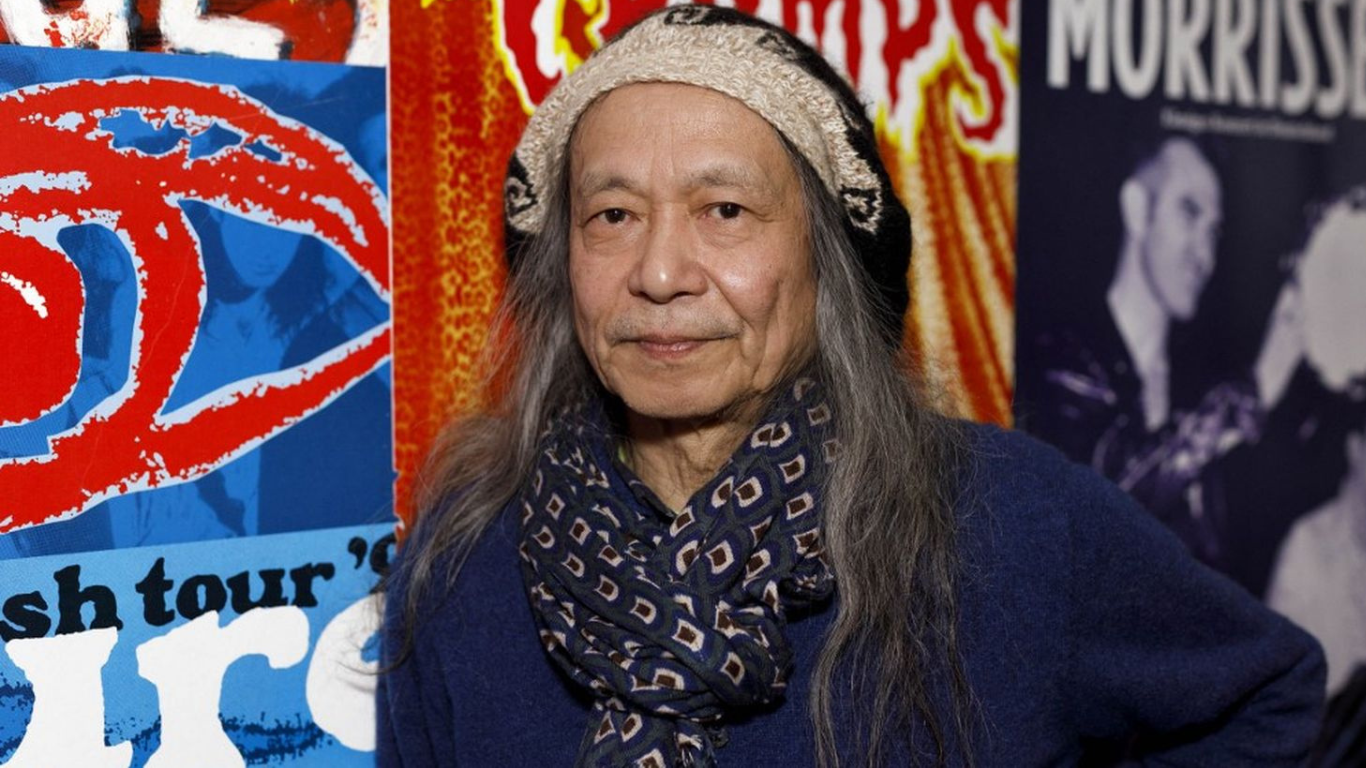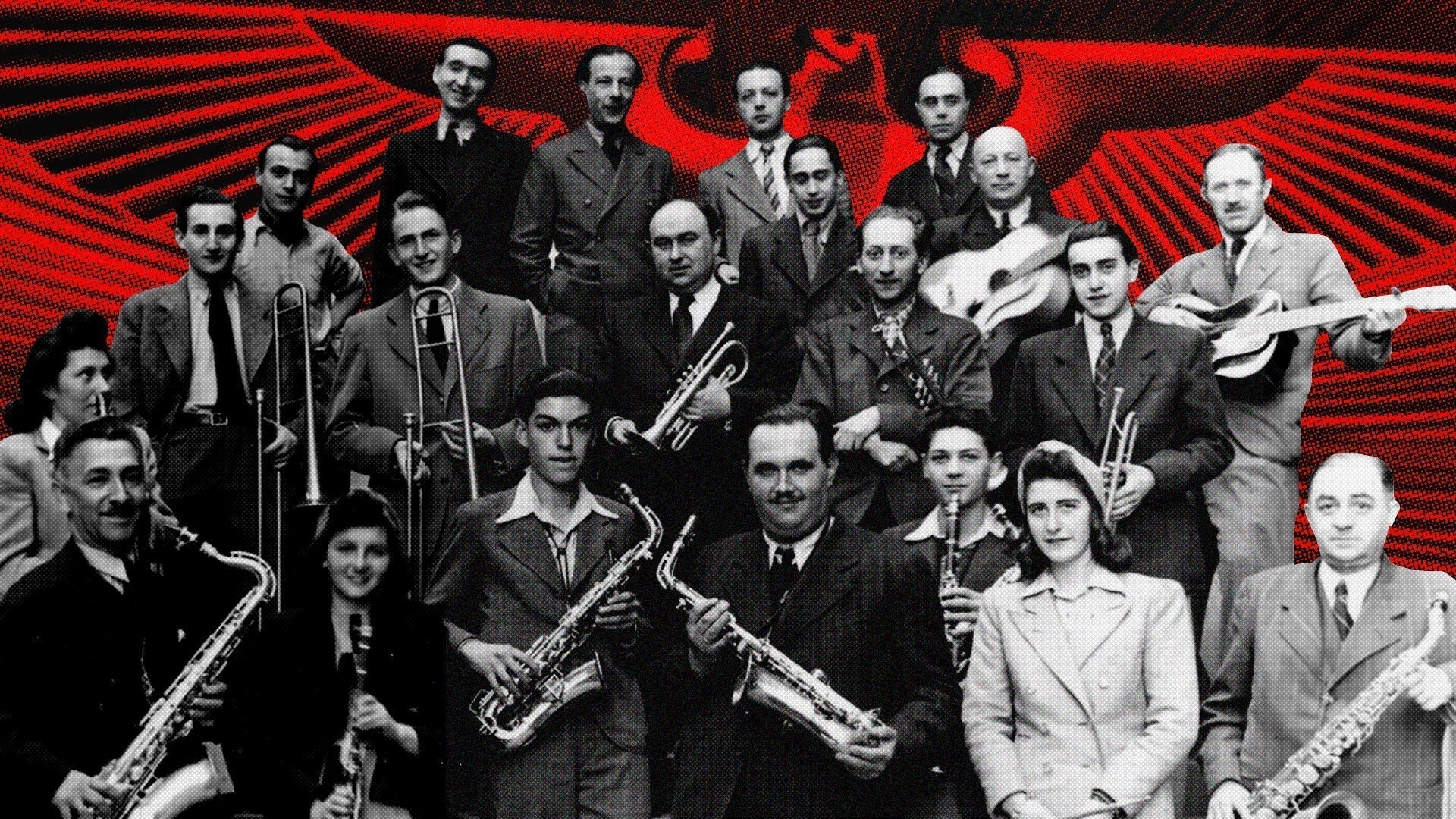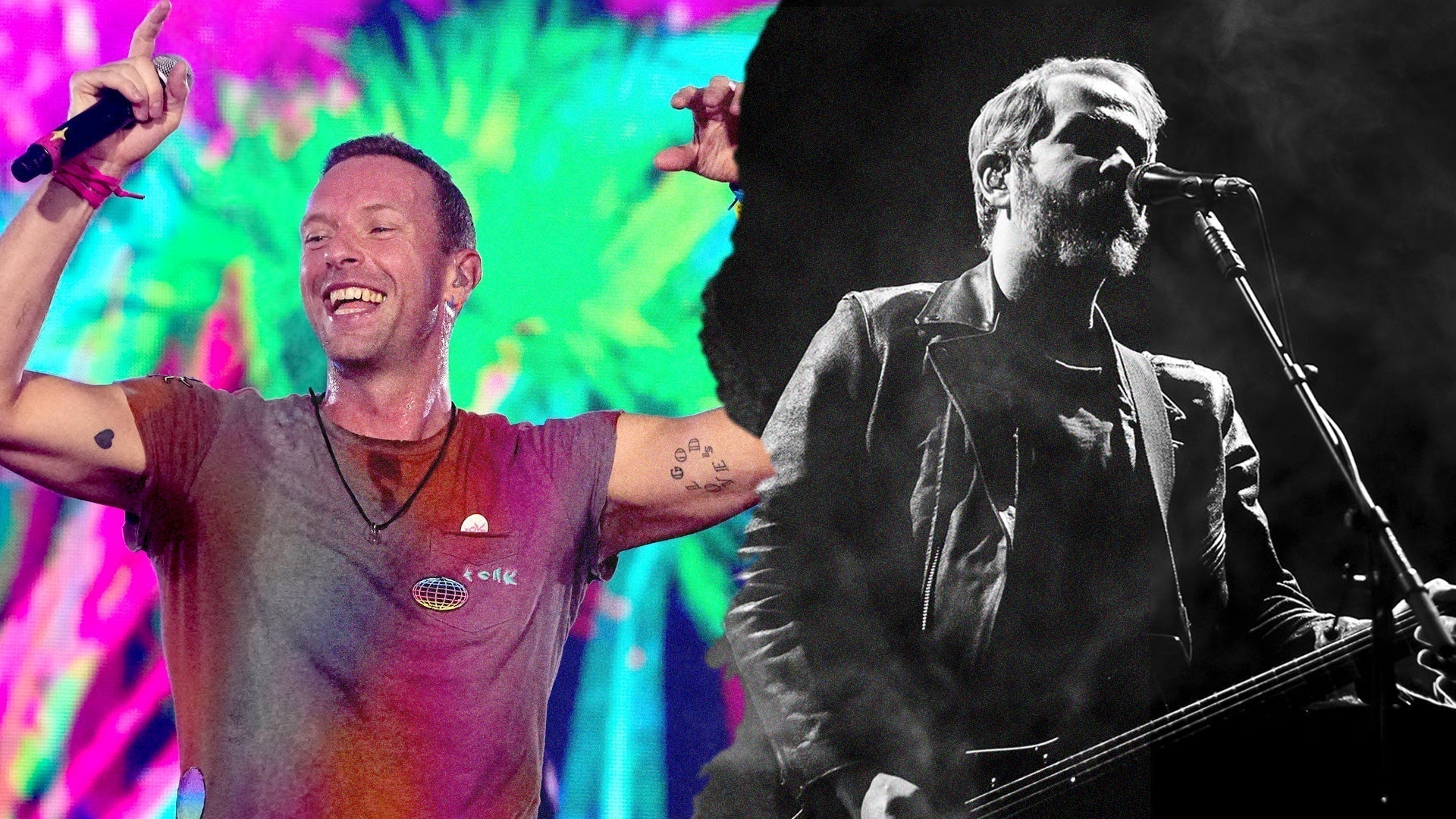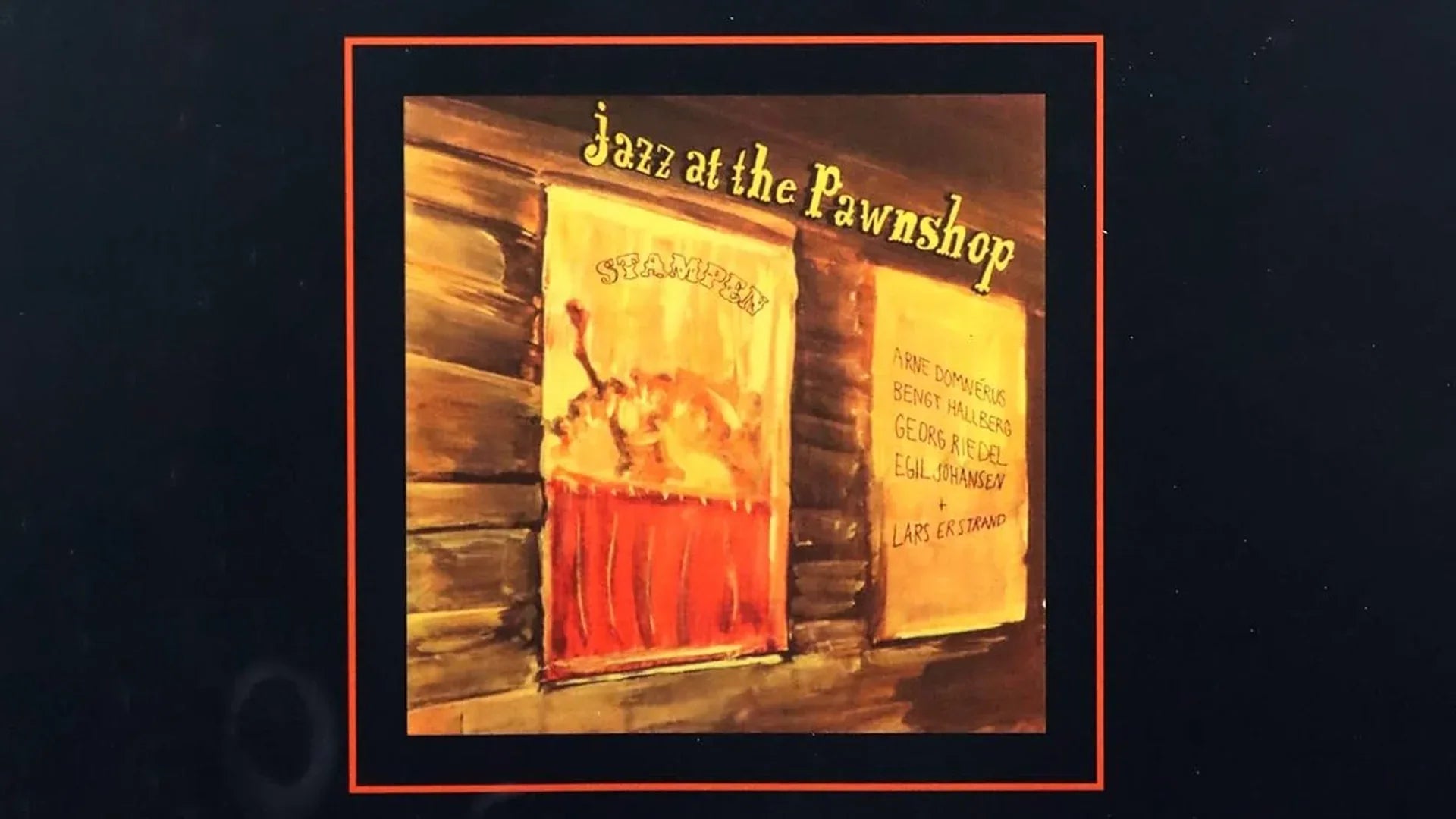Damo Suzuki And The Birth Of Post Punk

Damo Suzuki, born in Japan in 1950, ventured to Europe as a teen and joined Can, an avant-garde group from Cologne, Germany.
Residing in a deserted cinema, they are credited (depending on who you ask) with pioneering post-punk and ambient music, influencing bands like The Stone Roses.
Recruited by Can’s bassist Holger Czukay and drummer Jaki Liebezeit while busking outside a Munich cafe, Suzuki’s distinctive and improvisational vocal style quickly became integral to the band’s sonic experimentation.
With Suzuki onboard, Can’s sound evolved, producing groundbreaking albums like “Tago Mago” and “Ege Bamyasi,” which laid the foundation for post-punk and influenced artists from Radiohead to the Sex Pistols.
Yet, Suzuki’s musical journey was far from conventional. After parting ways with Can in 1974, he embarked on a spiritual hiatus, embracing a newfound faith as a Jehovah’s Witness and distancing himself temporarily from the world of music.
He eventually returned to the stage in the 1980s with his iconic never-ending world tour “Damo Suzuki’s Network.”
While Suzuki’s influence extended far beyond music, his humble demeanor endeared him to fans and fellow artists alike.
He eschewed the trappings of fame, preferring to live in the moment and embrace the ever-changing nature of creativity.
In his own words, “I’m not interested in hanging on to the past...I like to spend time in the now because there I can create something new.”
To characterize Suzuki as a mere musical shaman would be to overlook the depth of his artistry and the sincerity of his quest for truth.
Damo Suzuki passed away on February 9 at 74 years old. Spoon Records, Can’s label, did not reveal the cause of death in their statement, but Suzuki had battled colon cancer since 2014.
“His boundless creative energy has touched so many over the whole world, not just with Can, but also with his all continents spanning Network Tour,” the label wrote. “Damo’s kind soul and cheeky smile will be forever missed.”
Click Here To Read More:
How Nujabes Built A Home For Lo-Fi Hip-Hop
David Bowie And His Alter Egos






Comments